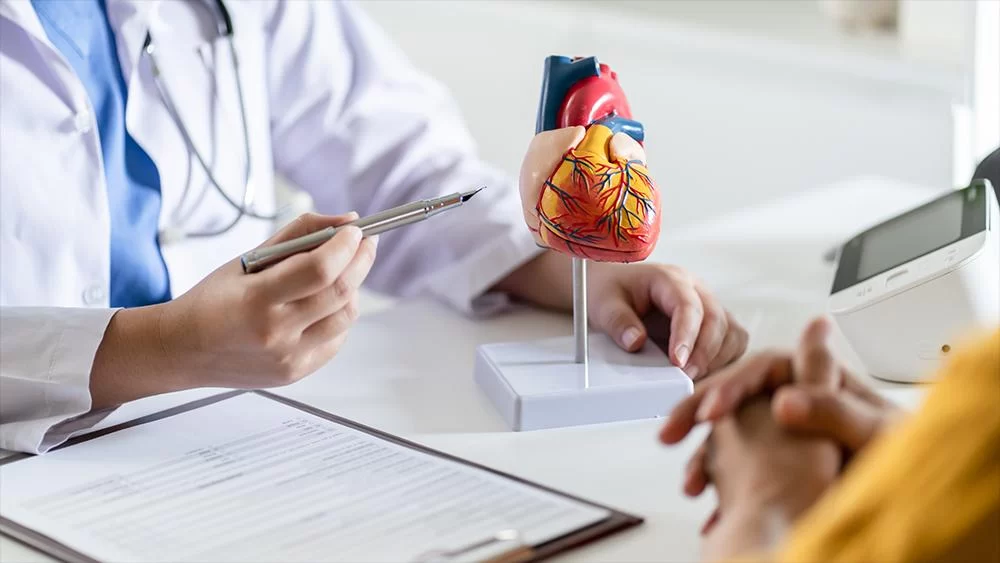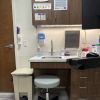Understanding the Symptoms of a Heart Attack and When to Seek Help
- Common Symptoms of a Heart Attack
- Warning Signs to Watch Out For
- What to Do if You Suspect a Heart Attack
- How Immediate Medical Help Saves Lives
Common Symptoms of a Heart Attack
A heart attack is one of the most critical health emergencies, but recognizing the symptoms early can significantly increase the chances of survival. While the experience may vary from person to person, there are common warning signs to look out for. These include:
- Chest pain or discomfort: A feeling of tightness or pressure in the chest that may radiate to the arm, neck, or jaw.
- Shortness of breath: Difficulty breathing, even when resting.
- Nausea or lightheadedness: Feeling dizzy or queasy can sometimes precede a heart attack.
- Cold sweat: Excessive sweating, even in cool conditions, could be a sign of a heart attack.
These symptoms should never be ignored. While they may also be indicative of other conditions, it's always better to seek immediate medical attention if you experience them.
Warning Signs to Watch Out For
It's essential to be aware of the early signs of a heart attack, as they can sometimes be subtle and easy to dismiss. Many heart attacks start with mild pain or discomfort, so paying attention to how your body feels can help you act swiftly.
One important aspect of recognizing a heart attack is understanding that women, in particular, may experience different symptoms compared to men. For instance, women are more likely to experience nausea, indigestion, or unexplained fatigue before a heart attack, while men often experience the classic chest pain. Here's a quick comparison:
- Men: Chest pain, left arm pain, shortness of breath.
- Women: Nausea, fatigue, shortness of breath, lightheadedness.
If you or someone you know experiences any of these symptoms, it's crucial to seek help right away.
What to Do if You Suspect a Heart Attack
If you suspect that you or someone else may be experiencing a heart attack, quick action can make all the difference. Here's what you should do:
- Call emergency services: Don't hesitate to dial emergency services (e.g., 911) immediately if you experience symptoms of a heart attack.
- Stay calm: Try to remain calm and avoid any physical exertion. Rest in a comfortable position.
- Chew aspirin: If you're not allergic, chewing aspirin may help thin the blood and prevent further clotting. However, do not do this if you have been instructed not to take aspirin by your doctor.
Waiting for help to arrive is crucial. The earlier the treatment, the higher the likelihood of survival and reducing long-term damage to the heart muscle.
How Immediate Medical Help Saves Lives
A heart attack is a medical emergency, and acting fast can save lives. Treatment options vary depending on the severity of the attack and how quickly medical intervention occurs. Some of the life-saving treatments include:
- Medications: Blood thinners, clot-busting drugs, and pain relievers can help during the initial phase.
- Surgical interventions: In some cases, doctors may recommend surgery, such as angioplasty or bypass surgery, to restore blood flow.
The sooner you seek help, the better your chances of surviving a heart attack with minimal damage to your heart.
If you're concerned about heart disease or want to know more about preventing heart attacks, there are various products, supplements, and services designed to improve heart health. These can be great tools in your proactive approach to heart health. Learn more about products that promote heart wellness today and take the first step toward a healthier future.





















